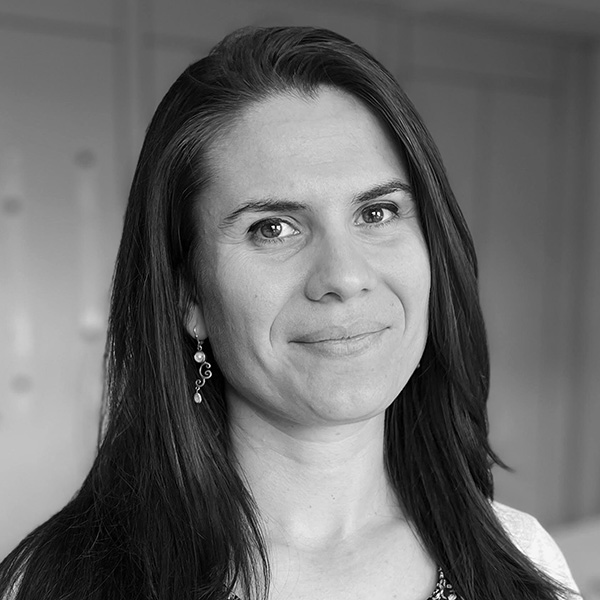
Albana Topi
Albana Topi is a physicist working at Airbus focusing on the technical development of quantum algorithms to solve flight physics challenges. She received her PhD in physics at the University of Siena, Italy. Prior to joining Airbus in 2023, Albana was a postdoc researcher at GSI Helmholtz center for heavy ion research in Darmstadt, Germany where she worked on the development of a deterministic code for space research applications.
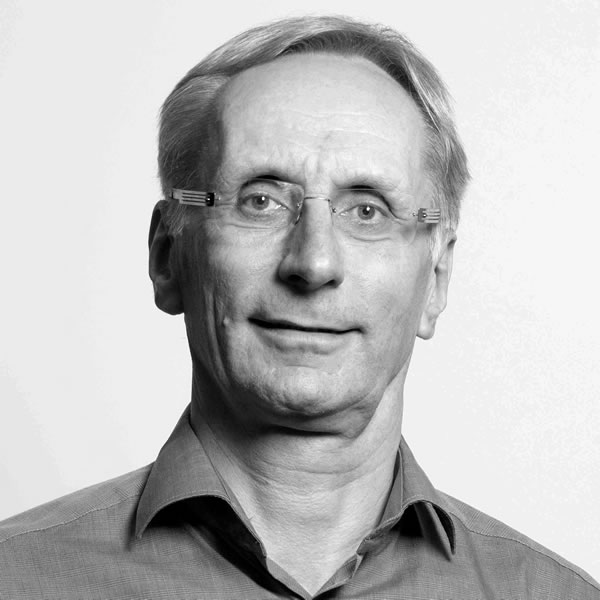
Gerd Büttner
Scientific Computing Architect at Airbus. Start HPC activities more than 25 years ago with ccNUMA architectures (HP V-Class and Superdomes). Deploy first small distributed Cluster based on X86 architecture (AMD) in 2001 at Airbus. Leading the HPC harmonization projects and activities up to 2014 in Airbus. In this frame deployment of the first HP HPC container solution in Europe 2008. Since 2015 working in R&T to discover / develop new solutions for Airbus. In this role Co-Lead the first Quantum Computing project in Airbus in 2016 Leading the Technology Roadmap for HPC, AI, Data Analytics and Blockchain in Airbus.
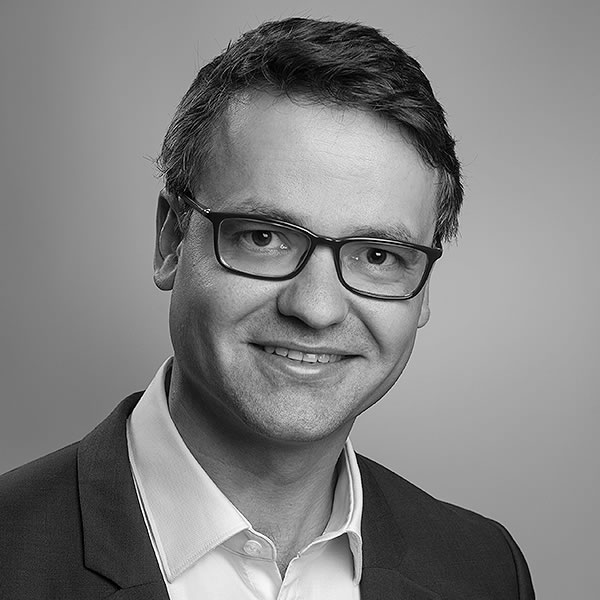
Jasper Krauser
Jasper Krauser is the Central Coordinator of Quantum Technologies in the Airbus Group, preparing the adoption of quantum technologies for aerospace. As part of Airbus Central Research & Technology, his organization is currently running research projects in the fields of quantum communication, quantum computing, and quantum sensing. Jasper joined Airbus in 2015, where he was leading a team to explore the next generation of optical instruments in Space before his current assignment. Prior to joining Airbus, Jasper was a postdoctoral researcher at the Center for Optical Quantum Technologies in Hamburg and worked on macroscopic quantum systems manipulated on ultrafast time-scales. He acquired his PhD degree in Physics from the University of Hamburg, where he conducted his doctoral research on ultracold atoms and investigated fermionic spin dynamics in the group of Prof. Sengstock.
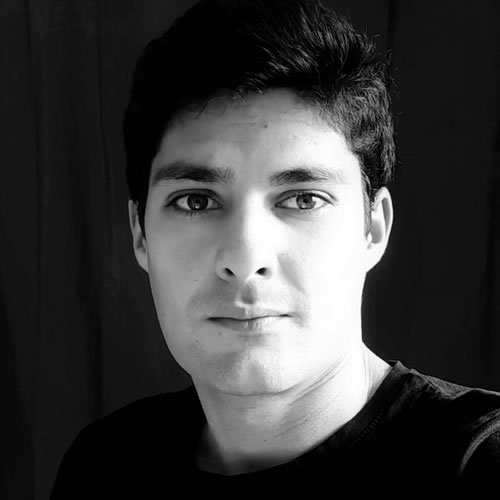
Luis López de Vega
Luis López de Vega is an aerospace engineer focusing on computational fluid dynamics (CFD). After his PhD thesis on this topic, he joined Airbus in 2020. His main role is to develop the new generation CFD solver that will be used to conduct the aerodynamic design of future Airbus aircraft. In this context, He is also involved in the quest of disruptive technologies such as AI and quantum algorithms that can help us bring computational physics one step forward.
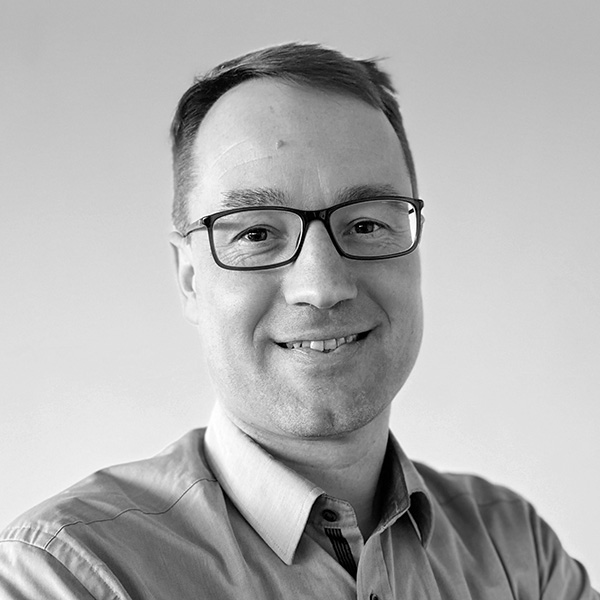
Moriz Scharpenberg
Moriz Scharpenberg is working at Airbus in the area of scientific computing on emerging technologies, currently focusing on hybridization and the integration of quantum services. He received his PhD from the Hamburg University of Technology on algorithms for stochastic differential equations. Prior to moving to Airbus in 2008 he was working for the German Aerospace Center in Oberpfaffenhofen as research assistant in the area of multidisciplinary aircraft optimization.
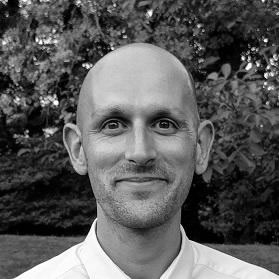
Vincent Baudoui
Vincent Baudoui is a research engineer at Airbus Defence and Space France working on Earth observation satellite mission planning algorithms. He has a PhD in mathematical optimization and a background in computer science and artificial intelligence.
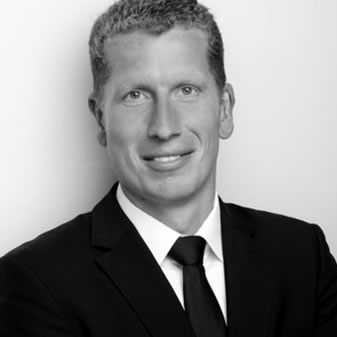
Andreas Kötter
Andreas Kötter works since more then 12 years for Capgemini. He has long expertise in the areas of coordination, project management, innovation, international contract law, change management and intercultural management. Through >10 years of experience in coordination of several research and innovation projects financed by the European Commission and the German government he today leads the national Center of Excellence for Research and Innovation. Here, Capgemini Engineering is clustering all future related technological projects dealing with mobility, energy and pharma.
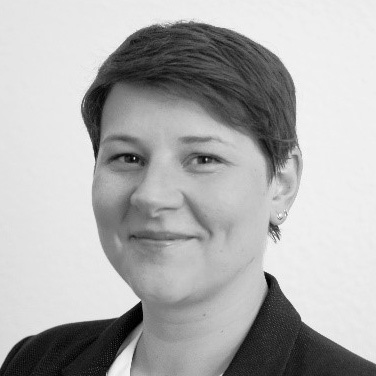
Franziska Wolff
Franziska is a highly accomplished professional with a strong academic background in Quantum Chemistry and Life Science. With a PhD in Theoretical Chemistry, her expertise lies in quantum chemical simulations of light-triggered processes in complex environments. She brings a unique perspective to the field of quantum technology, actively exploring new possibilities for quantum computing in industry. In addition to their research background, Franziska has successfully led projects focused on developing new software solutions in the areas of indexing technologies and data quality. With her knowledge and experience, Franziska is dedicated to pushing the boundaries of quantum computing and implementing successful projects. She is excited about the future of quantum computers and is eager to contribute to advancements and practical applications in various sectors.

Hendrik Meer
Dr. Hendrik Meer works as an Engagement Manager at Capgemini Engineering. As part of the national Center of Excellence for Research and Innovation, he is driving research activities towards industrial implementation. Before joining Capgemini, Hendrik earned his PhD in Physics through a joint program between the University of Mainz and the Tohoku University.
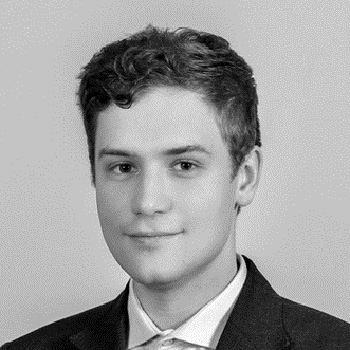
Kirill Shiianov
Kirill has broad background in experimental physics and quantum systems, with an M.Sc. in Physics and a few years of hands-on experience in fundamental and applied research. He is a part of Capgemini’s Quantum Lab, where he investigates industrial applications of quantum technologies, working on projects such as EQUALITY. Kirill is passionate to find applications for novel technologies, among which he is especially excited about quantum.
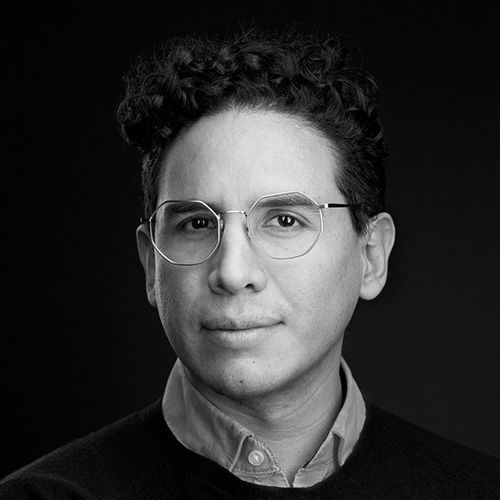
Pablo-David Rojas Mencias
Pablo-David is an expert in translating technology and science-based use cases into products and services for different industries. With a strong background in science, complemented with experience in marketing and human-centered design, he performed research in several countries, successfully delivered interdisciplinary projects in a commercial setting, and managed collaboration consortia with public funds. As a specialist in innovation, he supported several accelerators as mentor and coached startups on achieving product-market fit with new and disruptive business models.
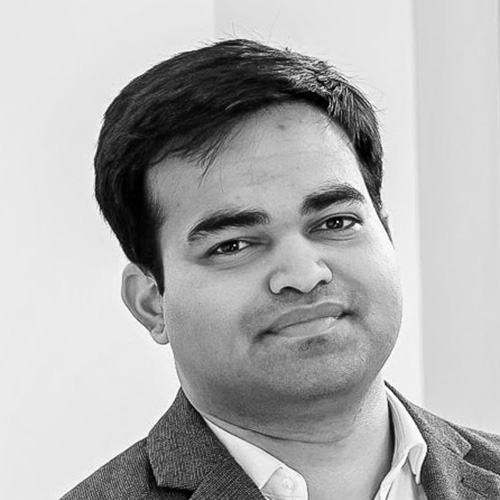
Pranjal Dhole
Pranjal Dhole is senior data scientist in Capgemini Engineering with more than 8 years of experience in developing machine learning and deep learning solutions for Engineering and R&D in the domain of pharma, energy and transport industry. He also has an extensive academic research background in quantum gravity, neuroscience, robotics and computer science while working at University of Cologne, German Center for Neurodegenerative Diseases, German Research Center for Artificial Intelligence and Max Planck Institute for Neurobiology of Behavior. He is excited to bring his diverse expertise to develop novel quantum algorithms for industrial and research applications.
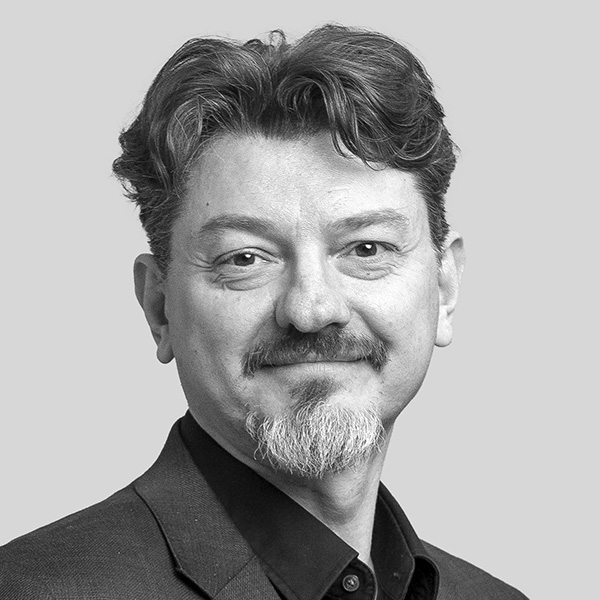
Xavier Aubry
Xavier Aubry is the Founder of Da Vinci Labs, a deeptech incubator focusing on quantum technologies, artificial intelligence and synthetic biology. He has spent the past 20 years working with European scientists and innovators, as an entrepreneur, advisor or investor. Xavier is currently involved in several collaborative research projects where he aims to bring out future European deeptech champions.
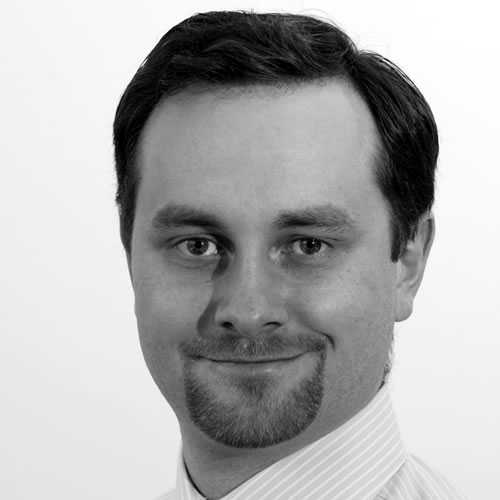
Andreas Zienert
Dr. Andreas Zienert (diploma in physics 2009, PhD in electrotechnical engineering 2013) has more than 10 years of experience in ab initio simulations of materials and nanoscopic devices (e.g. carbon nanotube transistors). He is working in the group of Jörg Schuster at Fraunhofer ENAS, applying quantum mechanical methods to simulate electrical, mechanical, and thermodynamic properties of materials, surfaces, and molecules, with a focus on applications in microelectronics. His research interests also cover process and equipment simulation (e.g. computational fluid dynamics to describe gas flow).
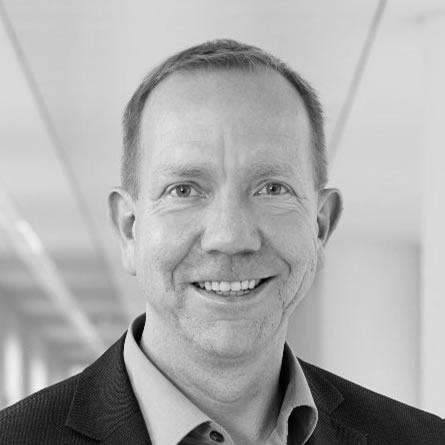
Jörg Schuster
Dr. Jörg Schuster (diploma in physics 1997, PhD in physics 2002) has more than 10 years of experience in the simulation of processes and materials for semiconductor fabrication and nano scale devices. With his team of experts at the Fraunhofer ENAS he established the numerical simulation of semiconductor processes on all relevant scales, from atoms to wafers. Dr. Jörg Schuster is author or coauthor of more than 100 peer reviewed publications which are highly cited (25 publications and > 400 citations in past 5 years).
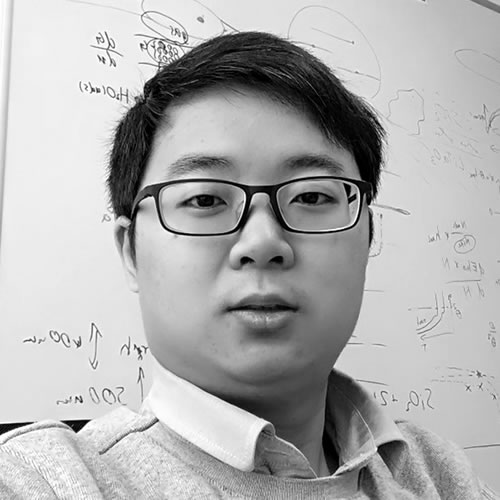
Xiao Hu
Dr. Xiao Hu work in the group of Jörg Schuster at Fraunhofer ENAS. He received a PhD in microelectronics at Technische Universität Chemnitz in 2017. His dissertation was devoted to the multiscale simulation of atomic layer deposition. In 2019, he served as the principal investigator of a DFG project with focus on the rational design of atomic layer etching processes. His research concentrates on the surface chemistry of atomic level processes. He is also working on the development and application of atomic and molecular simulation methods.
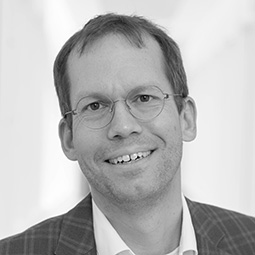
Birger Horstmann
Prof. Dr. Birger Horstmann is leading the team “Theory of Electrochemical Materials” at the German Aerospace Center (DLR) in the Helmholtz Institute Ulm (HIU). His current research focusses on mesoscale models for electrochemical interfaces and interphases. This includes the theory of electrochemical double layers, nucleation and growth of reaction products, and the formation of interphases, e.g. SEI. Furthermore, he evaluates these mesoscale theories in macroscopic models of lithium and beyond lithium batteries. To advance battery modelling and research in the future, another focus is the development of quantum computing algorithms for application to quantum chemical problems up to full cell simulations.
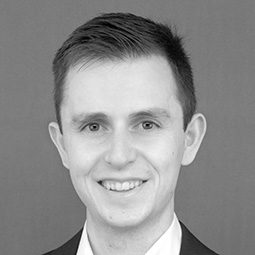
David Steffen
David Steffen is a PhD student in the group of Birger Horstmann at the German Aerospace Center (DLR) working on quantum algorithms for battery modelling. He has a background in electrical engineering and physics. During his master's programme at the University of Göttingen and a research stay at the University of British Columbia he specialised in theoretical and computational physics.
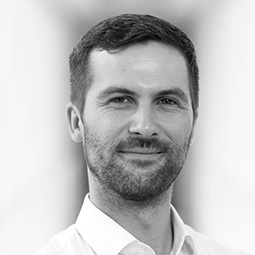
Felix Schwab
Dr. Felix Schwab works in the group of Birger Horstmann at the German Aerospace Center (DLR). He has been working in material research for almost ten years with foci on modelling and simulation on the atomistic and continuum scale. For two years now, he works on electrochemical cells with special interest in post-lithium batteries.
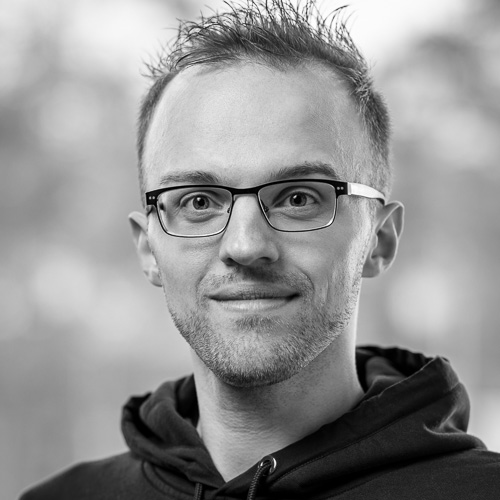
Linus Scholz
Linus Scholz is a quantum-chemist who joined the quantum-computing research group of Michael Epping at the German Aerospace Center (DLR) in November 2022. His current work focuses on the compilation of quantum algorithms and, in particular, aims for efficient qubit routing. Prior to his time at the DLR, Linus studied chemistry at the University of Münster, where he earned his PhD on the topic of subsystem time-dependent density-functional theory under the supervision of Prof. Johannes Neugebauer.
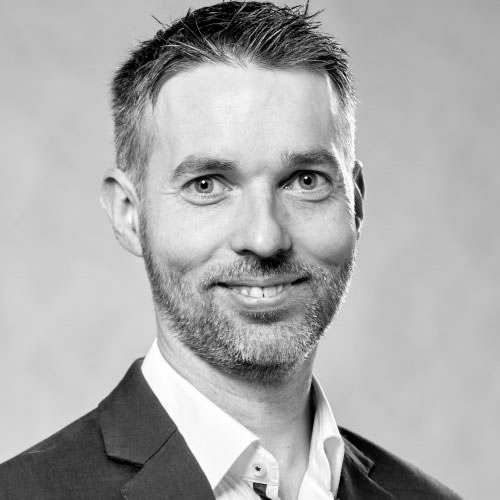
Michael Epping
Michael Epping leads a quantum computing research group at the German Aerospace Center (DLR) with a focus on quantum error correction and compilation of quantum algorithms. His background is in the field of quantum information theory, where he worked on quantum repeaters and networks, non-locality and cryptography. He received his PhD under supervision of Prof. Dagmar Bruß at the Heinrich-Heine-University Düsseldorf in 2015.
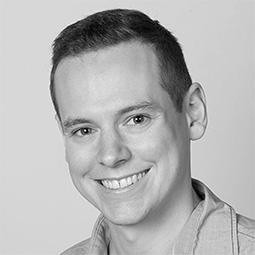
Michael Schelling
Dr. Michael Schelling is a mathematician and computer scientist working in the group of Birger Horstmann at the German Aerospace Center (DLR). His current work focuses on algorithmic developments for quantum computers to solve battery modelling challenges. Prior to his work at DLR he finished his PhD at Ulm University on algorithmic improvements for machine learning on unstructured point clouds with a focus on error correction of Time-of-Flight sensors.
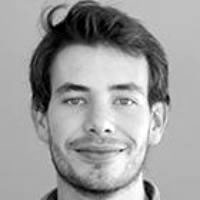
Daniel Stilck Franca
Daniel Stilck França is an associate professor at the Department of Mathematical sciences and the Quantum for life Center. He works in the fields of quantum information and computation with a focus on mathematical aspects. Before that, he held an Inria Starting Faculty position hosted by the École Normale Supérieure de Lyon (ENS Lyon) and was a member of the QInfo team. Daniel was also a postdoc at the Qmath group at the University of Copenhagen under the supervision of Matthias Christandl, and before that, he did his PhD at the Technical University Munich under the supervision of Michael Wolf.
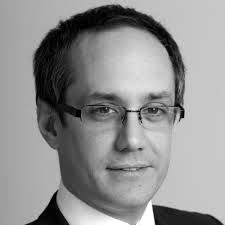
Harold Ollivier
Harold Ollivier joined INRIA April 2021 after 2 years at LIP6 CNRS. He started research on quantum information in 2000 at Los Alamos National Lab with W.H. Zurek working on decoherence — introducing quantum discord and the first characterizations of quantum darwinism. He joined Perimeter Institute for Theoretical Physics as a Postdoctoral fellow, working mainly on quantum error correction and quantum algorithms. He paused research in 2007 switching to corporate finance at the French Ministry of Finance, then rapidly joining a private equity fund and finally launching a successful M&A company that soon reached more than 25 professionals and 5 offices across France. At the end of 2017, He founded an AI-based startup for reconstructing hidden professional network in the corporate finance space, before returning to research on quantum information in 2019.
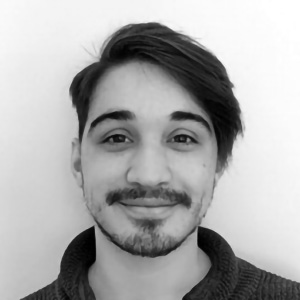
Alejandro Villoria
Alejandro Villoria started as a PhD candidate in the Leiden University computer science Theory group on October 2022. Before that, he obtained a BSc in computer engineering at Universidad Politécnica de Madrid and an MSc in theoretical computer science at the University of Tartu. His research interests are focused on the ZX-calculus and the (automated) reasoning about quantum computing in the presence of noise.
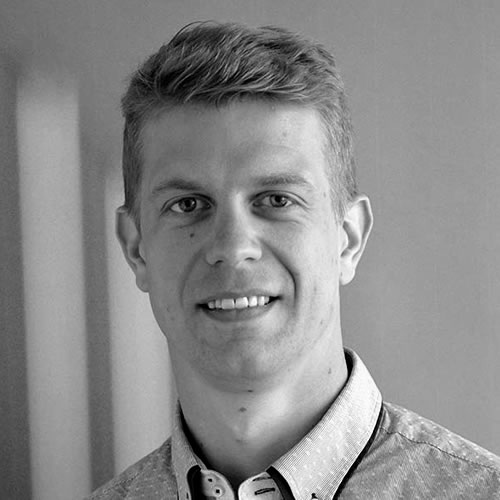
Alfons Laarman
Alfons Laarman is an assistant professor at LIACS, the Computer Science department of Leiden University. He leads the System Verification Lab (SVL), which studies the correctness of parallel and qauntum systems. He is founder of LUdev, a software development company ran by students who follow the courses Software Engineering, Managing Software Evolution and System Development. His main research interests are formal verification, automated reasoning, quantum computing and parallel computing.
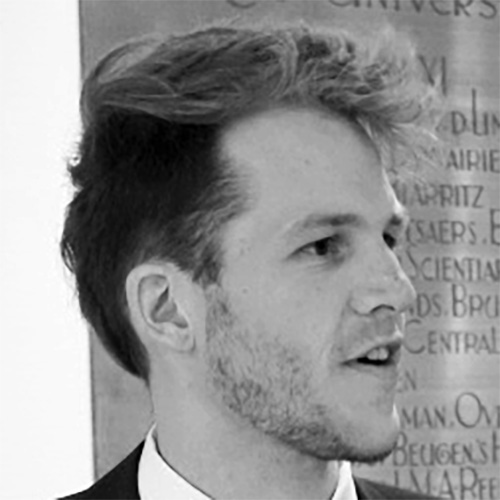
Henning Basold
Henning Basold is a lecturer (assistant professor/universitair docent) at the Leiden Institute for Advanced Computer Science (LIACS) at Leiden University. He is fascinated by the elegance that coalgebras and coinduction offer in understanding state-based systems, infinite structures and logical operations.
